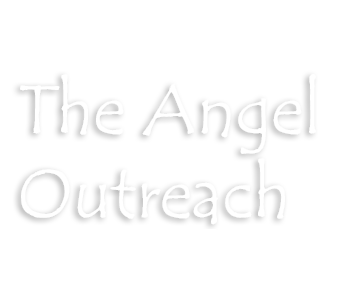Helping during the Global Pandemic
A likely increase in poverty as the economy slows down: The economy is projected to have slowed down by nearly half for the financial year 2019–2020 (referred to throughout as FY2019/20), with further uncertainties for FY2020/21. This increases the likelihood of a rise in poverty during and after the Covid-19 pandemic. Many people face a reduction in their income due to job and livelihood losses, reduced flow of remittances, loss of market and demand for domestic products.
Disruption of service delivery in health and other sectors: Due to Covid-19, Ugandans living in poverty who rely on the government’s free healthcare programmes have experienced a reduced access to primary healthcare. As a result, Uganda has registered an increase in number of preventable deaths during childbirth and in other health emergencies, and an increased occurrence of deaths due to preventable disease like malaria. Access to family planning and other healthcare programmes has also been compromised.
Unequal targeting of Covid-19 response measures: Over 8 million Ugandans (19.7%) live below the national poverty line. However, the government’s Covid-19 relief programmes, like food and other relief aid, have been directed primarily at the 1.5 million people living in urban areas in the Kampala and Wakiso districts, rather than those in rural areas. Similarly, the government’s response measures are focused on the formal sector, meaning that they will not reach the poorest and most vulnerable citizens. These people tend to work in the informal sector and are unable to access government measures like loans and tax benefits. This is likely to cause further inequality between rural and urban populations, and exacerbate poverty and vulnerability.
- According to Divinit.org, clear government response strategy is needed, to ensure adequate attention and protection for the poorest and most vulnerable sections of the population. This will protect against the negative impact of the pandemic on the health and livelihoods of the most vulnerable.
- The Angel Outreach quickly shifted its support to include increased feeding of people in the streets and in the village. TAO also increased provision of medications for children living with HIV/AIDS.
